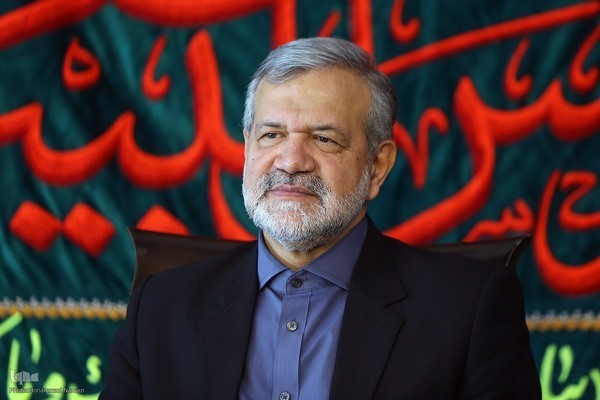Expert Says Divine Mercy Boundless, Unconditional

“God is described as ‘Arham al-Rahimeen,’ meaning the most merciful of the merciful,” Ansari explained. “The word ‘Arham’ is the superlative form of ‘Rahim,’ signifying the one who is the kindest, the most compassionate.”
Ansari noted that while humans are capable of kindness, such as parents caring for their children or the mutual compassion shared within the Muslim community, it does not compare to divine mercy.
Read More:
He referenced the Quran, stating, “In verse 29 of Surah Al-Fath, God says: ‘Muhammad, the Apostle of Allah, and those who are with him are hard against the faithless and merciful amongst themselves.’”
However, Ansari highlighted that even the strongest human bonds have limitations. “Parents may eventually turn away from a disobedient child. Likewise, the love between spouses can fade when behavior changes,” he said. “Human affection is conditional.”
In contrast, Ansari stressed that God's mercy is infinite and unconditional. “The gates of divine mercy are always open, even to sinners. If they repent, God will welcome them with love,” he stated.
Read More:
He also cited verse 53 of Surah Az-Zumar from the Quran: “‘Say [that Allah declares,] ‘O My servants who have committed excesses against their own souls, do not despair of the mercy of Allah. Indeed Allah will forgive all sins. Indeed, He is the All-forgiving, the All-merciful.’”
Ansari concluded by pointing out a key distinction between divine and human love. “God’s compassion nurtures and elevates people, whereas human love, with its flaws, can sometimes lead to harm,” he said.
4272369
Translation by Aliasghar Pirzadeh



